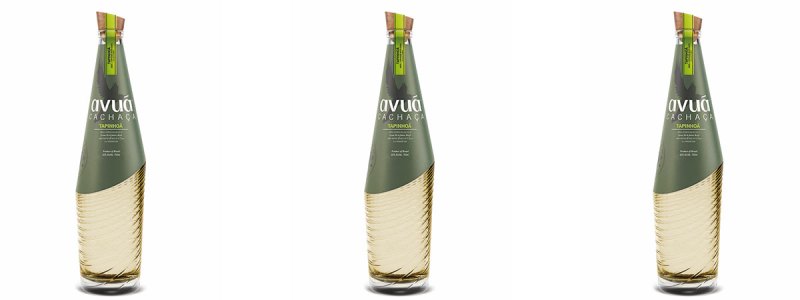
Avuá’s newest release, Tapinhoã, is named after the rare species of hardwood found in certain parts of South America. According to Avuá’s website, the barrel that this spirit was aged in was previously used by the distiller’s father decades before. All of Avuá’s cachaça is single-sourced and pot distilled at a farm that’s been in the same family for three generations, located around four hours from Rio. Tapinhoã is the second rare wood expression from Avuá.
Nose: More than anything, banana is heavy on the nose. Caramel sweetness backs that up in a pleasant way. Like other cachaças, the floral, fresh notes that evoke the land the spirit comes from are also here.
Palate: Caramel and banana at the beginning of the taste, followed by a little wild honey, then toasted coconut. You can taste the Tapinhoã clearly by the end of the palate—it stands out as the sweet flavors fade.
Finish: Short, crisp finish. The toasted coconut imbued by the barrel sticks around from the palate.
Final Thoughts: This isn’t my favorite of the cachaças I’ve had the opportunity to try in the past few months, but the fact that it is aged in a rare species of wood is a good enough reason to try Avuá Tapinhoã. For those that want a chance to really see what the barrel can do to a spirit in something that isn’t a whiskey, this would be a good spirit to pair and compare with an unaged cachaça.
Avuá Tapinhoã is 40% ABV and retails for $79.99.



